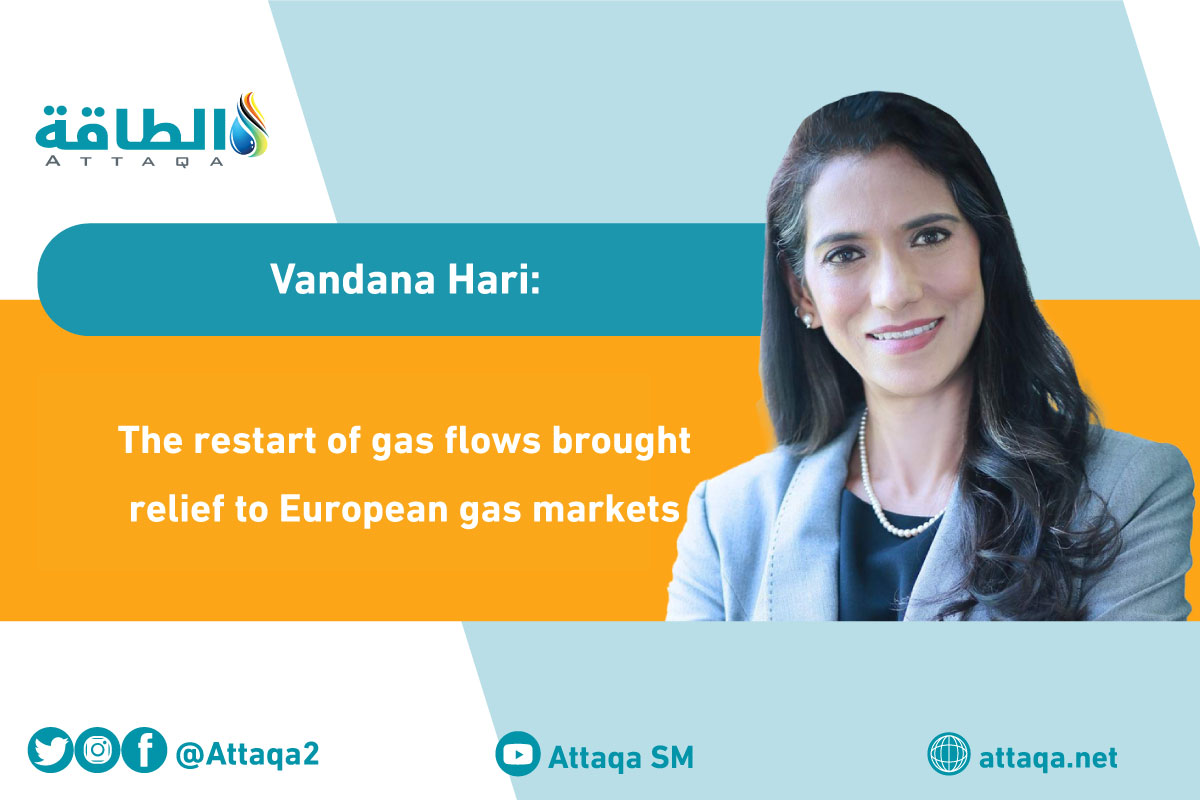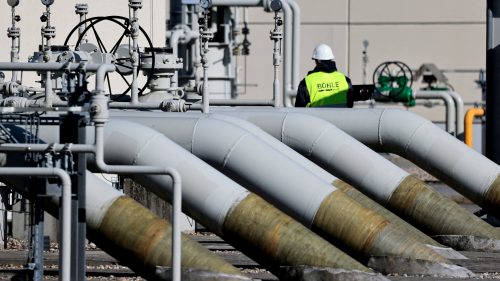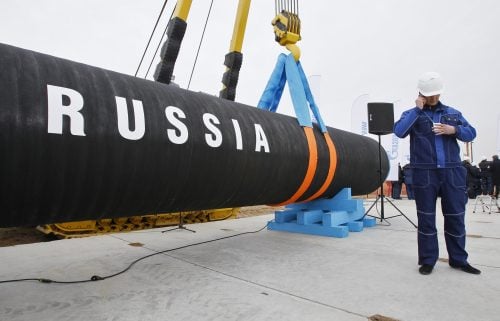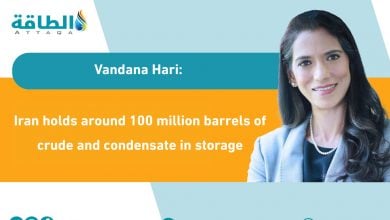
A price plunge triggered by a fresh bout of risk-aversion, followed by a partial recovery on dip-buying has been the pattern in Brent and WTI oil futures since mid-June.
It continued last week. Fundamental factors stayed mostly in the wings, with fear and speculation over the impact of an approaching global economic slowdown remaining centre-stage. Relatively thin trading volumes were exacerbated by the summer holiday lull, boosting volatility.
The previous Friday’s price rebound continued early in the week, catapulting Brent as well as WTI futures out of bear territory.
But beyond that, the two sweet crude benchmarks were on a divergent path, with WTI losing ground to Brent. A third consecutive weekly drop left the US sweet crude benchmark at 15-week lows of $94.70/barrel, whereas Brent closed marginally higher on the week, at $103.20.
Two developments of note on the fundamentals front — a 15% drop in Canadian crude exports to the US through the 590,000 b/d Keystone pipeline and Libya signalling a ramp-up to full 1.2 million b/d output by month-end — seemed to cancel each other out. Neither had much impact on market sentiment.
Europe hurtles towards a gas crisis
The buzz in the global energy markets was concentrated in the European gas sector, which is reeling under growing strain from weeks of diminished Russian pipeline exports. European leaders began making contingency plans with an eye on a potentially catastrophic winter high-demand season.

Russia resumed gas flows through the Nord Stream 1 pipeline into Germany on Thursday after completing a 10-day maintenance on the system.
Exports were at 40% of the pipeline’s 55 billion cu m/year (about 5.3 Bcf/day) capacity, same as levels before it went offline.
The restart brought some relief to European gas markets that were on tenterhooks fearing the NS 1 may not resume deliveries at all.
Gas Prices
However, it did little to calm down growing jitters over Russia further slashing gas deliveries and the continent entering winter with sub-optimal gas inventories. Russia has already cut off or curtailed gas supplies to 12 European Union countries in recent weeks.
European benchmark Dutch TTF gas futures traded on the InterContinental Exchange ticked up steadily through the second half of the week, settling at Euro 159.86/MWh ($47.79/MMBtu or the oil equivalent of around $277/barrel) on Friday.
President Vladimir Putin warned during the week that NS 1 deliveries could drop to 20% of capacity if another gas-pumping turbine, due to be sent for maintenance on July 26, does not return in time.
The gas turbines are serviced by Siemens Energy in Canada and the process has become entangled in questions over whether it violates Western sanctions against Russia.
The EU on Wednesday called upon members to voluntarily slash gas consumption by 15% compared with the average of the past five years between August 1 and March 31.
Europe typically consumes about 35 Bcf/day of gas over the summer months and upwards of 80 Bcf/day during winter.
EU energy ministers are expected to discuss the voluntary reduction plan in the coming week. But the bloc looks set to face hurdles getting a buy-in from all 27 member states. Spain, Portugal, Italy, Hungary, Greece, Denmark and Netherlands have already pushed back on the idea, either saying they needed more time to deliberate or that they simply could not afford to make the move.
Apart from introducing gas and electricity conservation measures, Europe is also turning to using more coal for power production and if needed, ask power generators and industrial consumers to switch from gas to oil where possible.
Though oil could find incremental demand as replacement fuel in Europe, the oil complex appears to be shrugging off the impact. That could be a combination of no visible boost in oil demand yet and expectations of a sharp slowdown in European economic activity and industrial production in the coming months.
We expect Putin to continue using the EU’s heavy dependence on Russian gas to hold the bloc to ransom, presumably with the intent of weakening its support for Ukraine and forcing it to roll back its sanctions against Moscow.
EU reopens door for Russian oil flows to third countries

A policy U-turn by the European Union on Thursday over sanctions against Russia almost escaped notice but was a significant development for major traders Vitol, Trafigura, Glencore and Gunvor, crude importers China and India, and countries outside the EU/G7 looking to buy Russian refined products.
Under a bunch of exemptions to existing sanctions adopted on July 21, the EU will allow entities to engage in transactions with Russia’s state-owned companies for the supply of crude and petroleum products to third countries.
Under a regulation adopted on March 15, the EU had imposed a blanket ban on direct or indirect transactions with a dozen state-owned Russian companies including Rosneft, Transneft and Gazpromneft beyond May 15 “unless strictly necessary” for supply to the bloc.
The ban had prompted the aforementioned traders to stop supplying Russian oil to third countries. They were quickly replaced by small and little-known private trading companies that cropped up to sell the incremental Russian crude volumes being absorbed by China and India through the spot market.
It remains to be seen if the latest exemption will prompt global traders to return to the Russian oil circuit. A ban on EU companies from providing financial and insurance services for Russian oil shipments to third countries, due to come into force at the end of this year, may keep them at bay. Unless that ban is also revoked.
Vandana Hari is Founder and CEO of Vanda Insights, which provides macro-analysis of the global oil markets.
READ MORE..
- Deceptive Solutions for Fossil Fuel Dependence Drive Prices Higher (Article)
- Deceptive Solutions for Fossil Fuel Dependence Drive Prices Higher (Article)
- The Biden Administration’s policies have pushed gasoline prices higher (Article)
- (Article) The Top 5 Reasons Behind Fruitless Energy Policies
- The Biden Administration’s policies have pushed gasoline prices higher (Article)








